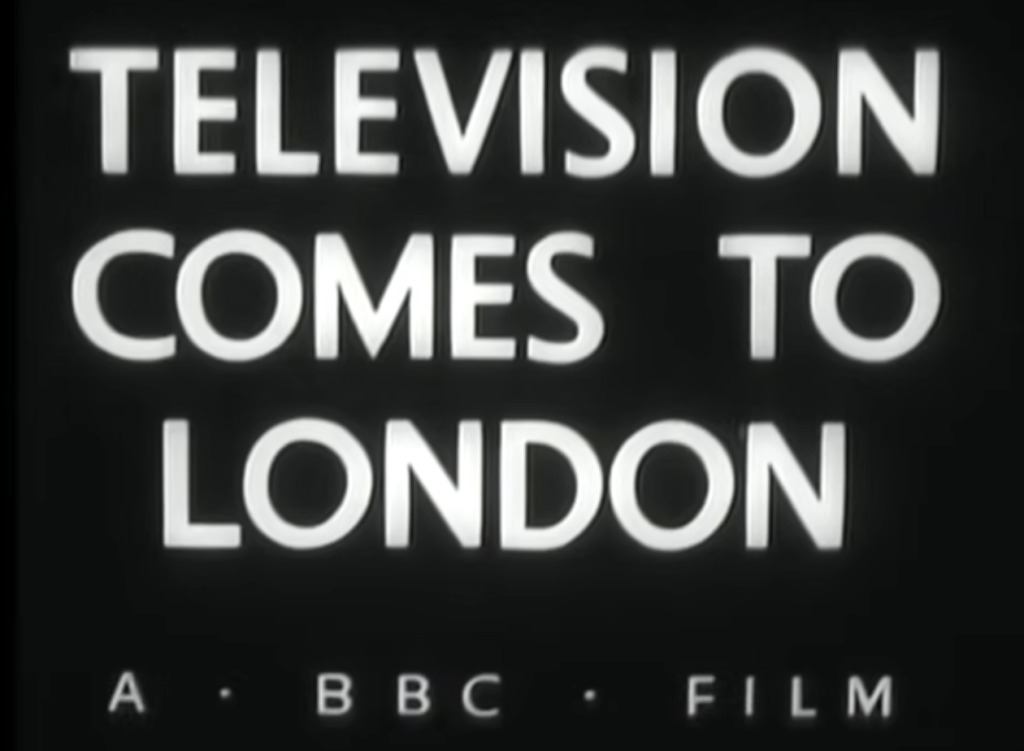Magic Rays of Light: the BFI season

John Wyver writes: Exciting news just released by the British Film Institute: throughout January BFI Southbank has a season of documentaries and early feature films linked to the publication of my monograph Magic Rays of Light: The Early Years of Television in Britain, published by Bloomsbury and the BFI on 8 January.
As regulars here will know, later in the month, on 26 January, we celebrate the centenary of the first public presentation of what John Logie Baird called ‘true television’, at his laboratory above what is now Bar Italia in Frith Street.
Once the BFI brochure for January is out, I’ll post further details of the screening and dates, together with a note about my BFI Reuven Library talk on Monday 12 January, and also booking details. Meanwhile, here is the text from the BFI’s announcement at the end of last week:
… to celebrate the centenary of television, we present the short season Magic Rays of Light: Early Television which looks at the very earliest years of the medium. Curated by John Wyver, author of Magic Rays of Light: The Early Years of Television in Britain, the programme will include Television Arrives!, which features three documentaries made by the BBC to showcase pre-war television from Alexandra Palace and a fourth that marked the service re-opening in June 1946.
Other screenings include The Fools in the Hill (David Giles, 1986, BBC), Jack Rosenthal’s loving, comic recreation of the television service at Alexandra Palace as it prepared for opening night in November 1936, plus dramatic depictions of early television on film including Maurice Elvey’s British sci-fi thriller High Treason (1929), Will Hay playing a lightly disguised Lord Reith in Radio Parade of 1935 (Arthur B. Wood, 1934), the head of the broadcasting organisation NBG occupying an Art Deco premises clearly modelled on the BBC’s New Broadcasting House, and Adrian Brunel and Alfred Hitchcock’s Elstree Calling (1930), a lavish musical film designed as a British version of the Hollywood Revues in which Tommy Handley introduces an array of comedy and musical sketches, linked by acts presented in a television broadcast.
Leave a Reply